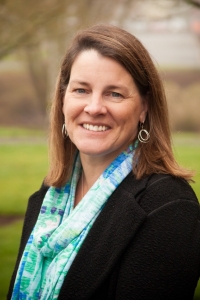RESEARCH INTERESTS
My research interests fall broadly within Biological Oceanography and Aquatic Ecology, with primary expertise in the population and community ecology of plankton. In particular, I am interested in the trophic role of heterotrophic planktonic protists 2-200 µm in size (“microzooplankton”) and metazoan planktonic animals 200-2,000 µm in size (“mesozooplankton”) as mediators of carbon and energy flow from primary producers to higher trophic levels such as invertebrates and fish, and especially how these small grazers influence the dynamics of harmful algal blooms and impact ecosystems when introduced to novel environments.
I am the Co-Director of the Aquatic Ecology Laboratory at WSU Vancouver, where I serve as Principal Investigator for two major research strands:
1) Ecology of freshwater harmful algal blooms, and associated plankton trophic dynamics.
2) Research at the intersection of science and pedagogy, in particular how participation in authentic research improves academic outcomes for diverse students.
As PI, I am responsible for securing extramural funding for these research strands and serve as the primary advisor for MS and PhD students pursuing their studies in these areas.
I also serve as Co-PI on a third research strand: ecology, behavior and invasions of zooplankton, and am actively involved in interdisciplinary studies across the domains of aquatic science, political science, and science education.
